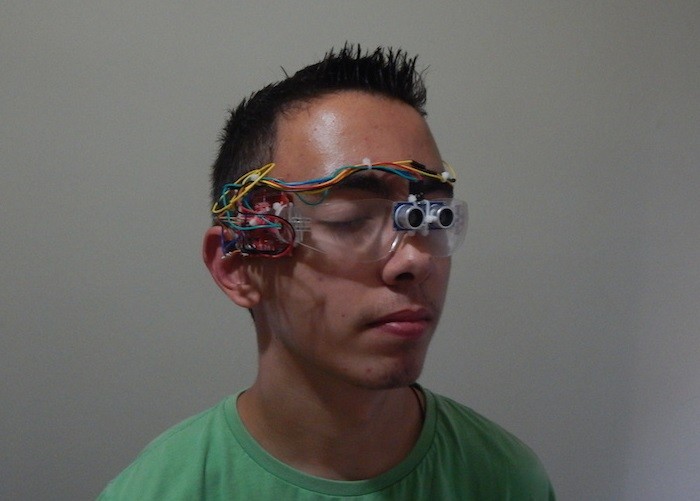Facebook is notorious for borrowing ideas from other tech companies, then taking advantage of its massive global platform and its expertise in building sticky apps to bring those ideas into the mainstream. Some of Facebook’s most egregious lifts have been from Snap, née Snapchat, whose 24-hour disappearing stories and technically sophisticated augmented-reality filters later showed up as copycat features inside Instagram. And like Snap, Facebook has in recent years declared itself to be a camera company, with Mark Zuckerberg proclaiming on a 2016 earnings call that he believed “a camera will be the main way we share.”
Facebook’s latest foray into “Wait, haven’t I seen this before?” is a pair of photo- and video-capturing sunglasses, à la Snap Spectacles. They’re called Ray-Ban Stories, with Ray-Ban appearing first and Facebook second in most of the product branding. Even though this is a product collaboration between two globally recognizable brands, these are Facebook glasses. This is Facebook’s first piece of wearable tech designed for casual use—not just specialized VR applications, which is what Oculus is for—and the sunglasses are designed for completely frictionless media capture of the world around you. They go on sale today for $299.
The Matrix Resurrections trailer is here and it is insane (video)
It’s the “effortless” part that will raise eyebrows behind the plastic frames. Facebook has made a pair of smart glasses—even if they’re not true AR glasses—that people might actually want to wear. (Giaia Rener, Ray-Ban’s global brand director, even describes them as “the first smart glasses you’re going to want to wear.”) If the ultimate goal of wearable-tech makers has been to develop something at the intersection of comfort, invisibility, and invisible data capture, then Facebook seems to have accomplished this.
Cameras are everywhere now; a person doesn’t even need to pull out their phone to digitally memorialize a moment. The question is whether Facebook should own even more of those moments.
Read more: Wired




































